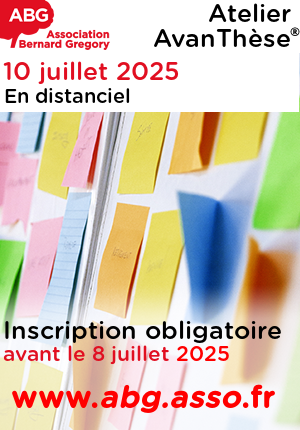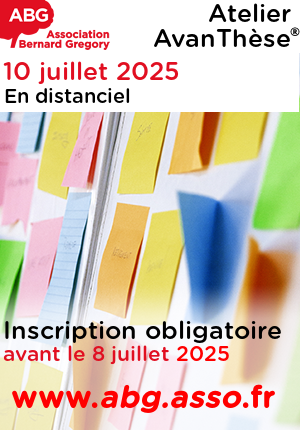Swelling Bio-Gel Metal Chelators for Advancing Wine Safety and Oxidative Stability
| ABG-129811 | Thesis topic | |
| 2025-03-21 | Other public funding |
- Chemistry
Topic description
Today the agri-food sector faces new EU regulations and societal requirements aimed at ensuring food - wine safety and sustainability. The wine industry is facing a significant challenge in trying to reduce or substitute synthetic additives to satisfy, on the one hand, strong societal expectations and, on the other hand, increasingly strict market specifications. The quality standards for wine analysis are defined in EU wine regulations and include among others the maximum allowable concentrations of certain metals. Metals in wine can originate from both natural and anthropogenic sources, and their concentration can be a significant parameter affecting wine safety and oxidative stability. The removal of transition metals is not an easy task, and many of proposed methods are based to the use of synthetic non-specific polymer fining agents during the winemaking. The potential application of selective bio-sourced metal chelators capable of strongly binding iron, and inactivating all its binding sites, could be an effective innovant tool for guarantying wine’s safety and oxidative stability. The objective of TrapMWine project is to develop a new food safe hydrogel material that can selectively bind redox active metals to protect wine against oxidation without altering its physico-chemical properties. This program is specifically designed around collaborative sub-projects between the two academic and one industrial partners. As such, it is a remarkable example of PRCE partnership for industrial research about a major societal challenge concerning food safety and stability.
Starting date
Funding category
Funding further details
Presentation of host institution and host laboratory
At University of Burgundy, Research unit UMR PAM, Physico-chemistry of Food and Wine Research group, Dijon, France
The research team Physico-chemistry of Food and Wine is internationally recognized for integrated research on chemical and physical stability of food and wine matrices, on the valorization of agricultural resources and on the tuning of food properties. It hosts a technological platform with state of the art analytical equipment for (i) targeted and non-targeted chromatography-based analyses (including high-resolution Q-ToF mass spectrometry), (ii) spectroscopy (NMR relaxometry, EPR, AA), and (iii) the characterization of physical properties (calorimetry, rheology, mass transfers).
Candidate's profile
Job description
We are currently accepting applications for a 3-year Ph.D. at the PCAV lab (Dijon, France) in collaboration with the Institut Lumière Matière (iLM, University of Lyon 1, France). This position offers an exciting opportunity to develop reinforcement learning tools for the chemistry of metal chelators in wine matrix. As a Ph.D. candidate, you will work closely with renowned experts in analytical chemistry, physics, and bioinformatics.
Your Profile
- Experience in analytical chemistry or a related field
- He/she should be a successful MS student in the field of analytical chemistry
- Interested in mass spectrometry metabolomics
- Interested in wine chemistry
- Highly motivated personality, with the ability to work in a multi-disciplinary team on scientifically challenging problems, loves science
- Very good knowledge of written English
- Ambitious, creative with good analytical, interpersonal and communication skills
Vous avez déjà un compte ?
Nouvel utilisateur ?
Get ABG’s monthly newsletters including news, job offers, grants & fellowships and a selection of relevant events…
Discover our members
 Laboratoire National de Métrologie et d'Essais - LNE
Laboratoire National de Métrologie et d'Essais - LNE  PhDOOC
PhDOOC  SUEZ
SUEZ  MabDesign
MabDesign  ANRT
ANRT  ONERA - The French Aerospace Lab
ONERA - The French Aerospace Lab  Groupe AFNOR - Association française de normalisation
Groupe AFNOR - Association française de normalisation  Institut Sup'biotech de Paris
Institut Sup'biotech de Paris  CESI
CESI  Nokia Bell Labs France
Nokia Bell Labs France  Ifremer
Ifremer  ADEME
ADEME  TotalEnergies
TotalEnergies  CASDEN
CASDEN  Généthon
Généthon  MabDesign
MabDesign  Tecknowmetrix
Tecknowmetrix  ASNR - Autorité de sûreté nucléaire et de radioprotection - Siège
ASNR - Autorité de sûreté nucléaire et de radioprotection - Siège  Aérocentre, Pôle d'excellence régional
Aérocentre, Pôle d'excellence régional





